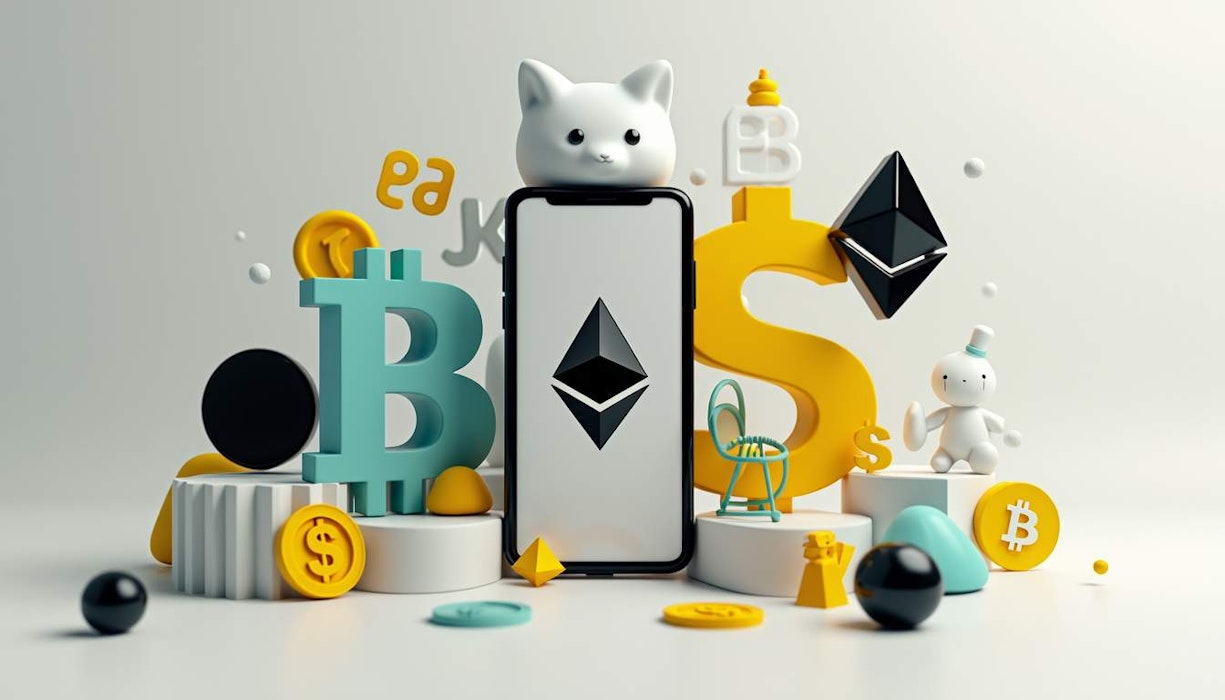What is Shiba Inu's DAO and its Purpose?
The Shiba Inu DAO is a decentralized autonomous organization that aims to give every token holder a say in the decision-making process of the project. This is meant to make governance more democratic and inclusive. The goal is to have community members participate regardless of how many tokens they hold. This idea is part of the broader cryptocurrency dream of decentralization, where trusted authorities are no longer needed. However, this vision can often conflict with the requirement for centralized decision-making, which can provide stability and legitimacy.
What Did Shytoshi Kusama Say About the DAO?
Shytoshi Kusama, the lead developer behind the Shiba Inu project, recently warned the community about potential threats to the DAO's governance structure. In a mysterious post made on X, Kusama claimed to have discovered a plot by a group he termed "shadowcats" to influence the DAO's governance. According to him, this information was revealed to him in a dream. He assured that these attempts would not succeed because the team had prepared countermeasures.
Kusama’s warning brings to light a major issue with decentralized governance: the risk of centralized control. This problem is not unique to Shiba Inu; many DAOs suffer from the concentration of power among a few individuals or entities. Research from Chainalysis has indicated that in many DAOs, fewer than 1% of holders control 90% of the voting power, illustrating a significant imbalance.
How Did the Community React?
The Shiba Inu community quickly showed their support for Kusama's position. One user highlighted the value of proactive security measures, emphasizing the need to identify potential threats early to ensure the ecosystem's long-term stability. Another supporter affirmed that decentralized governance should allow a proposal to move forward once it has enough votes, without external interference.
This reaction emphasizes the community's commitment to uphold the core principles of the DAO. Many seem to appreciate the transparency and willingness of the leadership to tackle potential challenges directly. They view the DAO as a vital tool for ensuring fair governance within the Shiba Inu ecosystem.
What Else is Happening in the SHIB Ecosystem?
Besides the governance warning, there are numerous other developments within the Shiba Inu community. In partnership with K9 Finance, the Shiba Inu team launched a reward program aimed at encouraging new users to use Shibarium's liquid staking feature. First-time users can receive up to $500 as a holiday incentive, designed to promote the adoption of the Ethereum-based sidechain and its staking features.
This liquid staking allows participants to earn rewards by staking Bone tokens while obtaining kBONE, a liquid form for further use in the ecosystem. This initiative aims to boost activity and solidify Shibarium's growth. Experts speculate that a SHIB bull run is on the horizon and, considering the many positive developments in the ecosystem, it may greatly exceed expectations.
What Does This Mean for the Future of Cryptocurrency Governance?
Shiba Inu's DAO situation mirrors larger trends and challenges in cryptocurrency governance. The aspiration for decentralization often conflicts with the necessity for centralized decision-making and external regulation to ensure stability and legitimacy. The concentration of power among a few large holders can greatly sway market dynamics and governance, undermining the decentralized spirit of cryptocurrencies.
Crypto platforms employ a variety of governance models to secure and decentralize decision-making. For instance, Decred utilizes on-chain governance, allowing token holders to vote through automated processes. Conversely, Bitcoin and Ethereum rely on off-chain governance, depending on community discussions, proposals, and consensus among developers, miners, and node operators. This dual approach ensures decentralized decisions while also relying on consensus mechanisms for security.
Despite the ideal of self-governance, external regulation and oversight are often needed to address issues of trust, accountability, and consumer protection. This is evident in the case of Shiba Inu, where proactive measures are being undertaken to preserve the integrity of the DAO.
Summary
Kusama's warning about potential interference in Shiba Inu's DAO has elicited a swift and protective response from the community. This incident illustrates the fragile balance between decentralization and security in cryptocurrency governance. As the Shiba Inu ecosystem develops, maintaining this balance will be crucial for ensuring fair and equitable decision-making. Broader trends in cryptocurrency governance suggest that while decentralization is an attractive idea, practical solutions and oversight are often necessary to address the inherent challenges of these systems.
